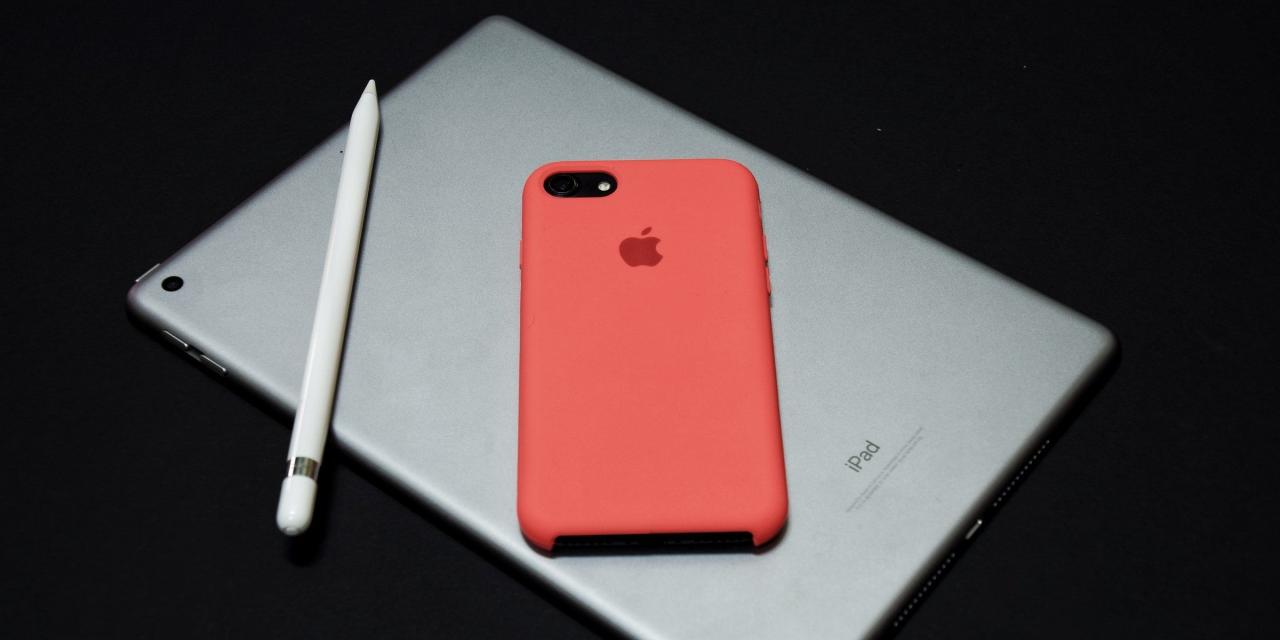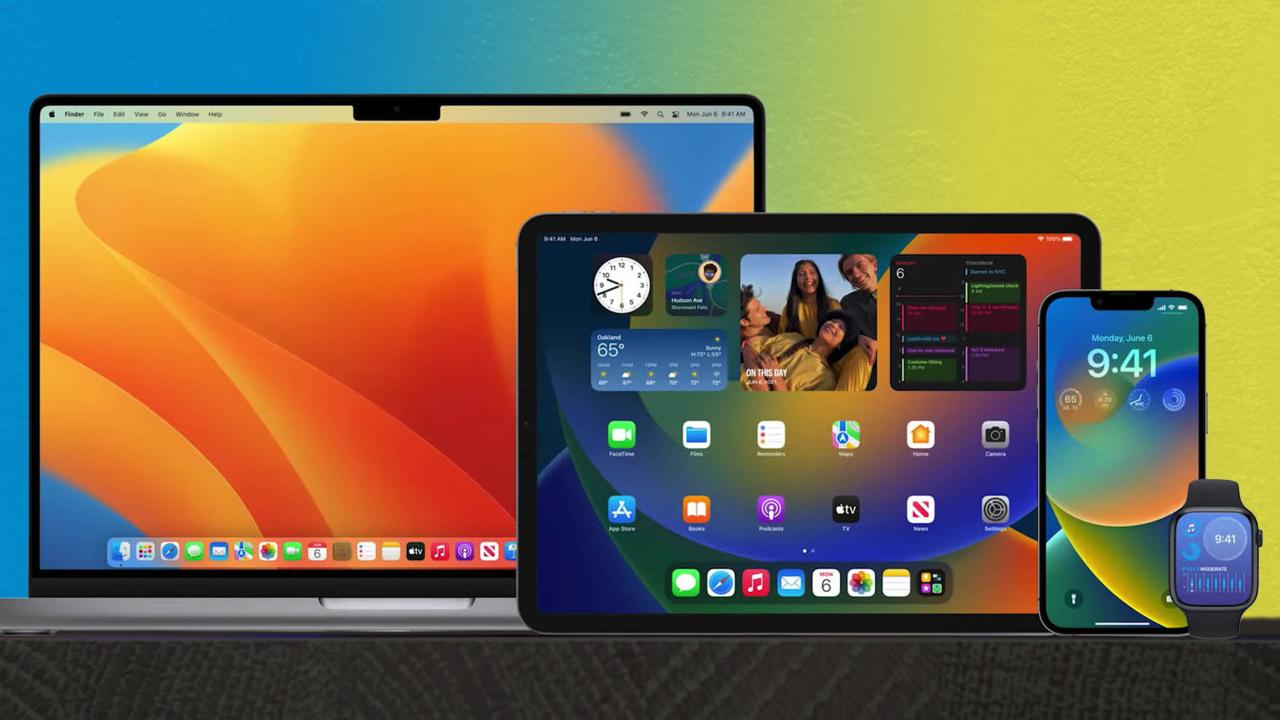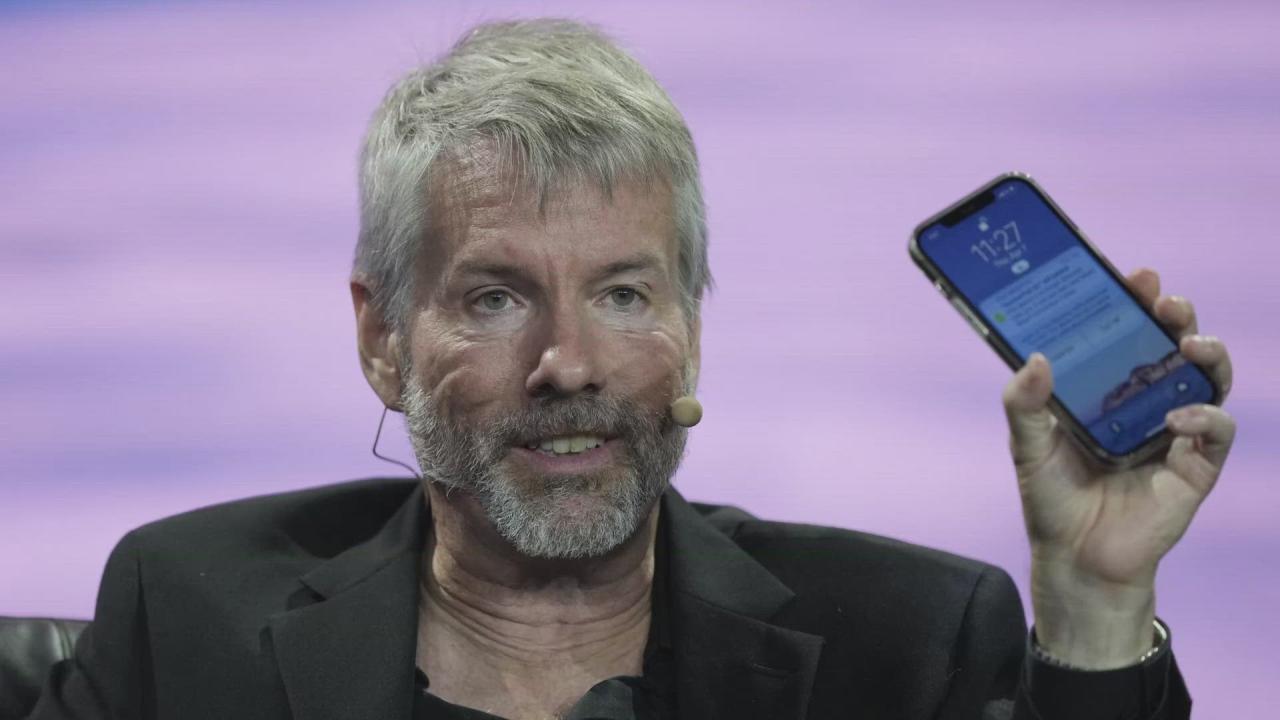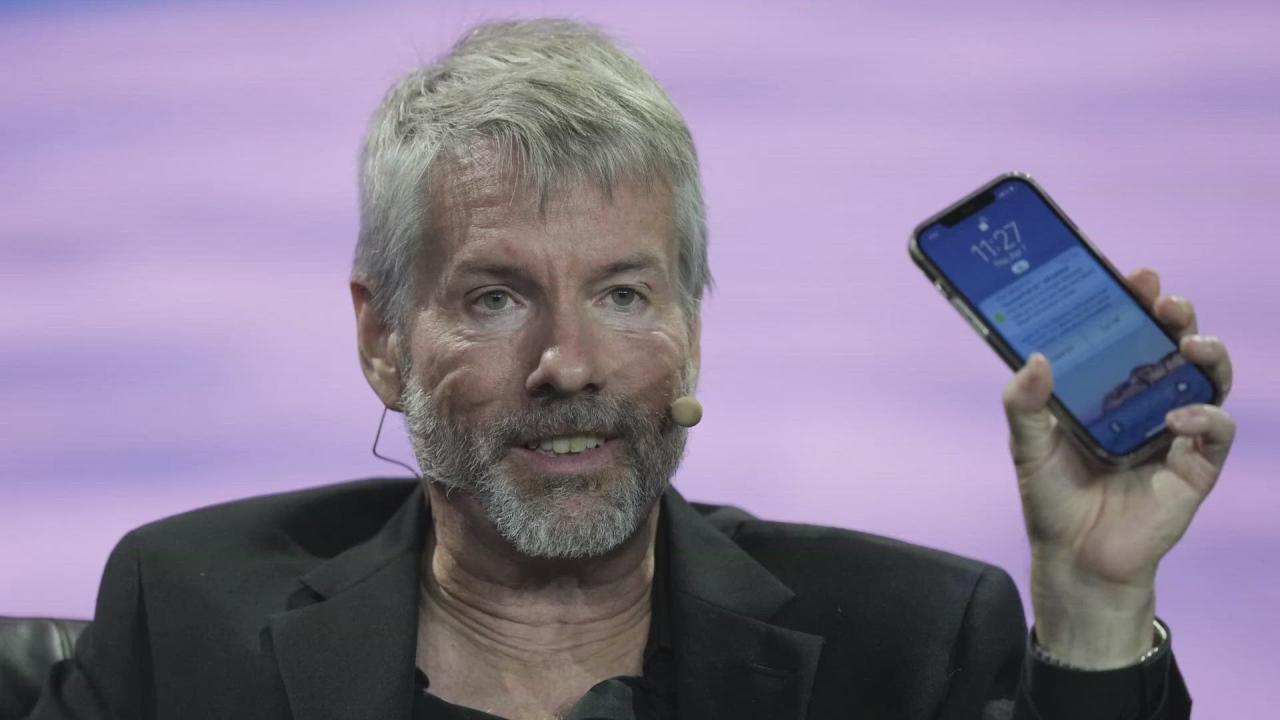Apple to pay $95M to settle lawsuit accusing Siri of eavesdropping. This massive settlement concludes a significant legal battle alleging that Apple’s virtual assistant, Siri, violated users’ privacy by secretly recording and storing their conversations. The case highlights growing concerns about the data collection practices of tech giants and the potential for voice assistants to be exploited for unauthorized surveillance.
So, Apple’s forking over $95 million to settle that Siri eavesdropping lawsuit – talk about a hefty price tag for accidental listening! Meanwhile, in completely unrelated news, check out this article: Atletico Madrid star fires La Liga title warning , a much more exciting development. Anyway, back to Apple, that $95 million settlement really highlights the importance of data privacy, doesn’t it?
This settlement sets a precedent for future legal challenges concerning the privacy implications of voice-activated technology.
Apple’s $95 million settlement over Siri’s alleged eavesdropping highlights the importance of data privacy. This reminds me of another situation where timing is crucial: check out this article on Why timing is key consideration in potential Jonathan Toews NHL to see how a similar principle applies in a different context. Ultimately, whether it’s protecting user data or making key hockey decisions, getting the timing right is key to success.
The lawsuit, filed by a group of users, claimed Siri’s “always-listening” feature resulted in unauthorized recordings of private conversations, violating their privacy rights. Apple denied the allegations, arguing that Siri only activates when explicitly invoked by the user’s “Hey Siri” command. However, the settlement suggests that Apple found it more advantageous to resolve the matter financially rather than face a protracted and potentially costly legal battle.
The details of the settlement, including the distribution of funds to the plaintiffs, remain somewhat opaque, but the impact on user trust and the future development of voice assistant technology is undeniable.
Apple’s $95 Million Siri Eavesdropping Settlement: Apple To Pay M To Settle Lawsuit Accusing Siri Of Eavesdropping
In 2023, Apple faced a significant lawsuit alleging that its virtual assistant, Siri, was secretly recording and storing users’ conversations without their explicit consent. The resulting settlement, a substantial $95 million, highlights the growing concerns surrounding user privacy in the age of voice-activated technology. This article delves into the details of the lawsuit, Apple’s response, the settlement’s implications, and the broader ethical and technological considerations involved.
The Lawsuit’s Allegations

The lawsuit, filed on behalf of multiple users, centered on claims that Siri routinely recorded and transmitted users’ conversations to Apple’s servers, even when Siri wasn’t explicitly activated. Plaintiffs argued this constituted a significant violation of privacy, citing instances where private conversations, including sensitive medical information and personal details, were allegedly captured and stored without informed consent. Their legal arguments relied on violations of various state wiretapping laws and breaches of implied contracts regarding user data privacy.
The lawsuit progressed through several stages, including motions to dismiss, discovery, and ultimately, a settlement agreement reached before trial.
Apple’s Response and Defense
Apple denied the allegations of intentional eavesdropping. Their defense strategy emphasized that data collection was primarily intended for improving Siri’s functionality and accuracy. Apple argued that user data was anonymized and aggregated, minimizing the risk of individual identification. They also highlighted the existence of user privacy settings and emphasized their commitment to user data security and transparency. Apple maintained that its data collection practices were in compliance with applicable laws and industry standards.
Their position underscores the ongoing tension between improving technology and protecting user privacy.
The $95 Million Settlement

The $95 million settlement avoided a costly and potentially damaging trial. Several factors likely contributed to Apple’s decision to settle, including the potential for negative publicity, the uncertainty of a trial outcome, and the substantial legal costs associated with defending such a complex case. The settlement’s implications for future lawsuits involving voice assistants are significant, potentially setting a precedent for similar claims.
The amount itself is substantial, placing it among the larger settlements in the tech industry related to privacy violations.
| Company | Allegation | Settlement | Year |
| Apple | Siri eavesdropping | $95 million | 2023 |
| Location data tracking | $391.5 million | 2018 (estimated) | |
| Facebook (Meta) | Cambridge Analytica data breach | $5 billion (FTC fine) | 2019 |
Impact on User Trust and Privacy, Apple to pay M to settle lawsuit accusing Siri of eavesdropping

The lawsuit and subsequent settlement have undoubtedly impacted user trust in Apple products and services. The revelation of potential privacy breaches, even if unintentional, raises concerns about the extent to which technology companies monitor user activities. This case underscores the broader implications for user data privacy in the context of voice-activated technologies, emphasizing the need for greater transparency and stronger safeguards to protect sensitive user information.
Future development of voice assistant technology will likely incorporate more robust privacy controls and stricter data handling protocols.
Technological Aspects of Siri’s Function
Siri’s voice recognition relies on complex algorithms that convert speech into text. This involves processing audio data, analyzing acoustic patterns, and employing natural language processing techniques. User data, including voice recordings, is stored on Apple’s servers, initially for processing and improving Siri’s accuracy. Potential vulnerabilities exist in the system, particularly concerning data security breaches and unauthorized access to user recordings.
This necessitates robust security measures and encryption protocols to protect sensitive information.
- Enhanced encryption of voice data both in transit and at rest.
- More granular user control over data collection and storage preferences.
- Implementation of differential privacy techniques to minimize individual data exposure.
- Regular security audits and penetration testing to identify and mitigate vulnerabilities.
- Transparency reports detailing data collection practices and security incidents.
Ethical Considerations

The collection and analysis of user voice data raise significant ethical concerns. Tech companies have a responsibility to prioritize user privacy and ensure that data collection practices are transparent, lawful, and ethically sound. Comparing data privacy approaches across different tech companies reveals a range of practices, highlighting the need for standardized ethical guidelines. Balancing innovation with user privacy requires careful consideration of the potential risks and benefits.
Principle 1: User consent should be informed, explicit, and freely given.
Principle 2: Data minimization should be prioritized, collecting only the data necessary for the intended purpose.
Principle 3: Robust security measures should be implemented to protect user data from unauthorized access and breaches.
Principle 4: Transparency about data collection practices should be provided to users.
Outcome Summary
The $95 million settlement in the Siri eavesdropping lawsuit marks a significant turning point in the ongoing debate surrounding user privacy and voice-activated technology. While Apple denies any wrongdoing, the settlement implicitly acknowledges the potential for privacy violations inherent in the design and implementation of such systems. This case serves as a cautionary tale for tech companies, emphasizing the need for robust privacy safeguards and transparent data handling practices.
Apple’s shelling out $95 million to settle that Siri eavesdropping lawsuit – talk about a hefty price tag! It makes you wonder what other tech giants are listening in on. Anyway, check out the game recap if you need a distraction from all this privacy drama: Lakers 119-102 Hawks (Jan 3, 2025) Game Recap – ESPN.
Then, consider if that $95 million could have bought the Lakers a few more wins. Seriously though, the whole Siri situation is a reminder to be mindful of your digital privacy.
It remains to be seen what lasting changes Apple will implement to bolster Siri’s security and restore user trust, but the case undeniably underscores the crucial importance of protecting user data in an increasingly interconnected world.
Top FAQs
How was the $95 million distributed to the plaintiffs?
The specifics of the distribution are not publicly available. The settlement likely involved a complex formula considering factors like the number of plaintiffs and the extent of their alleged damages.
What specific changes did Apple make to Siri’s privacy settings after the lawsuit?
While Apple hasn’t publicly detailed specific code changes, they likely enhanced data encryption, improved user control over data collection, and clarified their privacy policy regarding Siri data handling.
Are there similar lawsuits against other tech companies involving voice assistants?
Yes, other tech companies face similar lawsuits regarding data privacy and voice assistants. The Siri case is a high-profile example, but it’s not an isolated incident.
